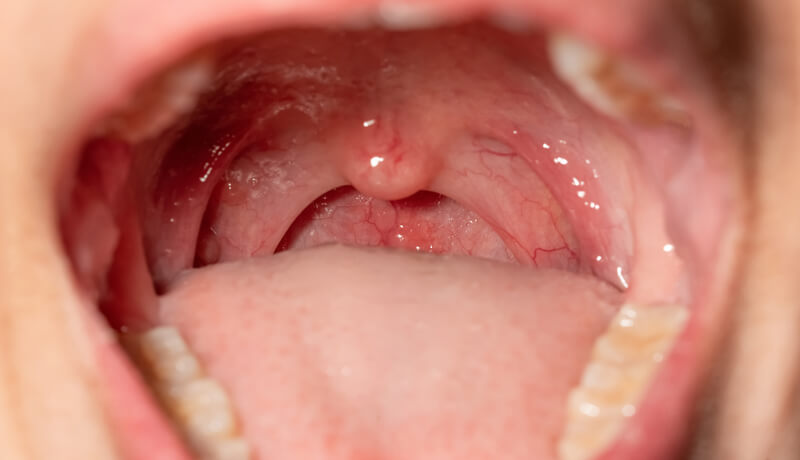Tonsillitis Symptoms Relief
Tonsillitis: Symptoms, Causes, and Treatments
Tonsillitis occurs when the tonsils, two small glands at the back of the throat, become inflamed due to infection. As part of the lymphatic system, they help fight infections. Although common in children, tonsillitis can affect all age groups. Understanding its symptoms, causes, and treatments is essential for effective management.
Recognizing the Symptoms of Tonsillitis
Symptoms of tonsillitis range from mild to severe, often resembling flu. Key signs include:
- Sore throat – pain, especially when swallowing.
- Difficulty swallowing – discomfort or obstruction while eating/drinking.
- High fever – above 38°C (100.4°F).
- Coughing – dry or productive.
- Headache – pressure pain in the forehead and temples.
- Nausea and vomiting – common in children.
- Earache – pain radiating from the throat.
- Fatigue – persistent tiredness.

Additional symptoms may include:
- Swollen lymph nodes – tender lumps on the neck.
- White patches or pus – visible on tonsils.
- Bad breath – from bacterial buildup.
How Long Does Tonsillitis Last?
Most cases resolve within three to four days, but duration varies. The infections causing tonsillitis, such as colds or strep throat, can spread through close contact.

Preventing the Spread of Infection
- Stay at home when unwell, especially with fever.
- Wash hands frequently with soap and water.
- Cover your mouth and nose when sneezing/coughing.
- Dispose of used tissues immediately.
Home Remedies for Tonsillitis Relief
- Rest – recovery requires adequate rest.
- Stay hydrated – drink warm teas, water, or broths.
- Pain relievers – paracetamol or ibuprofen help relieve pain and fever.
- Saltwater gargle – helps reduce throat inflammation.
When to See a GP for Tonsillitis
Seek medical attention if:
- Symptoms persist beyond a week.
- Breathing/swallowing difficulties arise.
- Pain is unmanageable with OTC medication.
- Recurrent tonsillitis disrupts daily life.
Diagnostic tests include:
- Throat swab – determines bacterial infection.
- Blood test – rules out other conditions.

Conclusion
Tonsillitis is manageable with home remedies and rest. Recognizing symptoms and seeking medical care when necessary ensures a smooth recovery while good hygiene helps prevent infections.
Frequently Asked Questions
- What increases the risk of recurrent tonsillitis?
Frequent infections, weak immunity, and certain living conditions. - How do viral and bacterial tonsillitis differ in treatment?
Viral cases require supportive care; bacterial cases may need antibiotics. - When is a tonsillectomy necessary?
For frequent recurrences or severe complications like an abscess.
